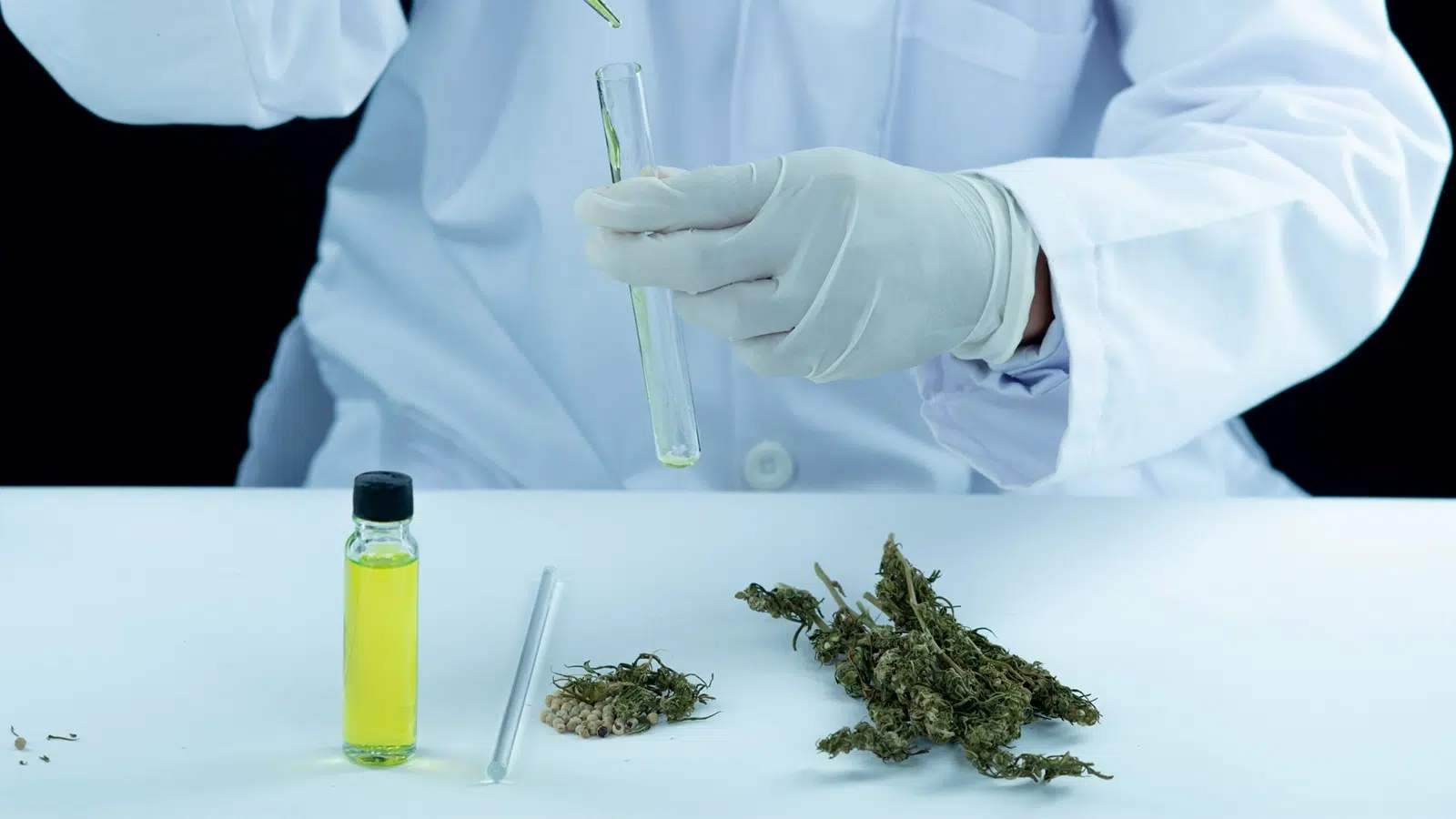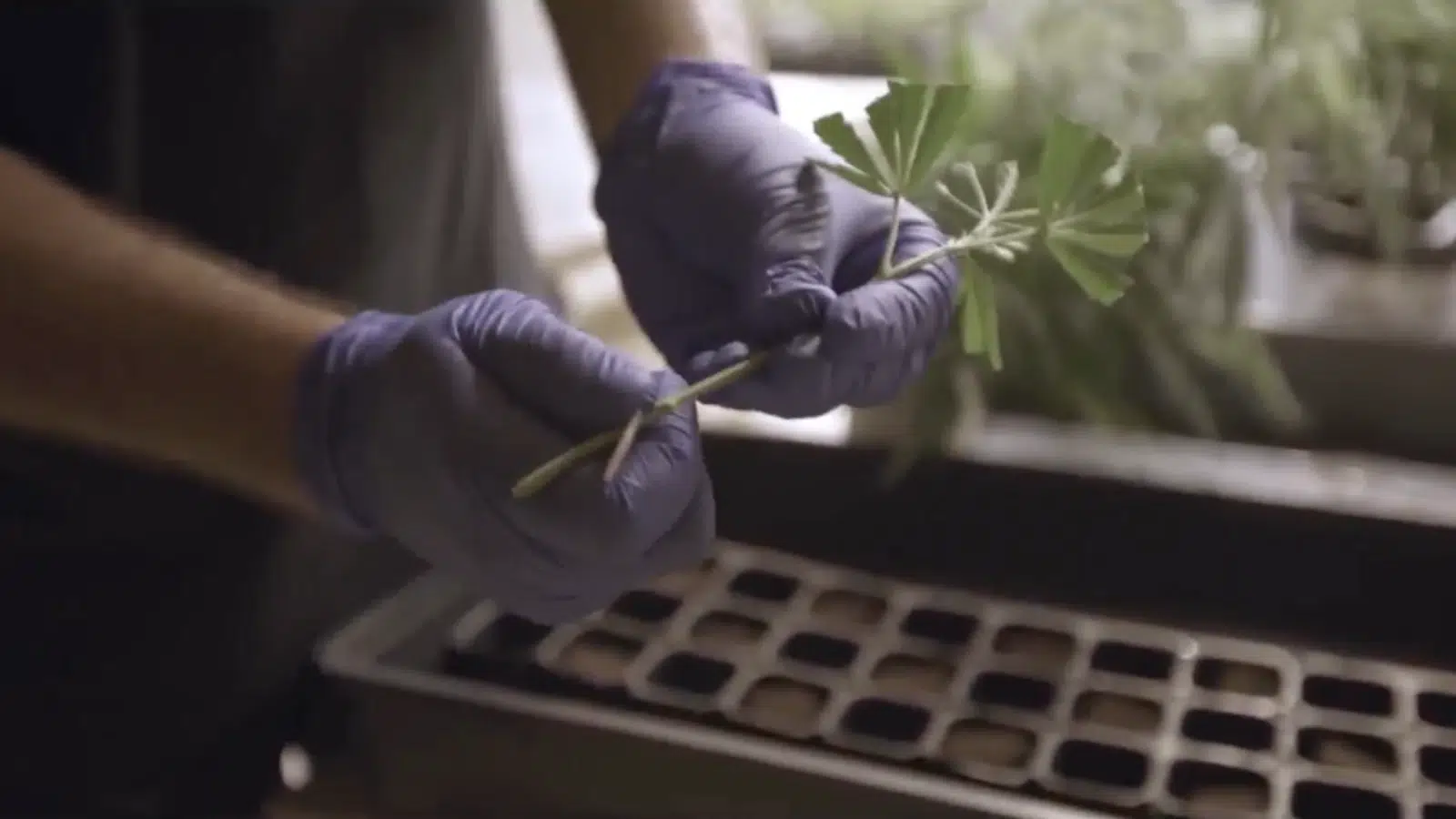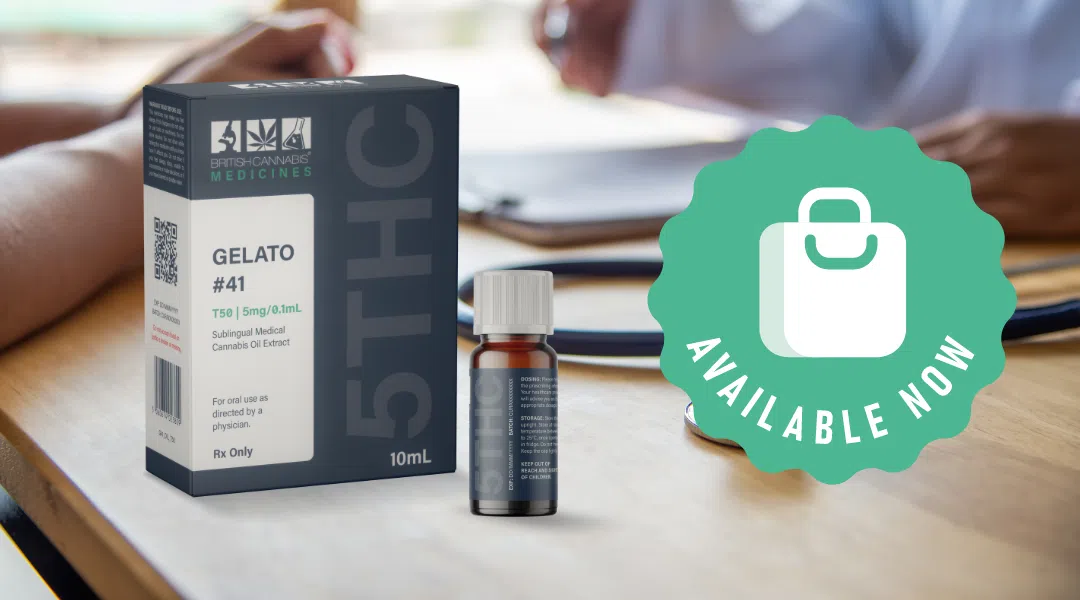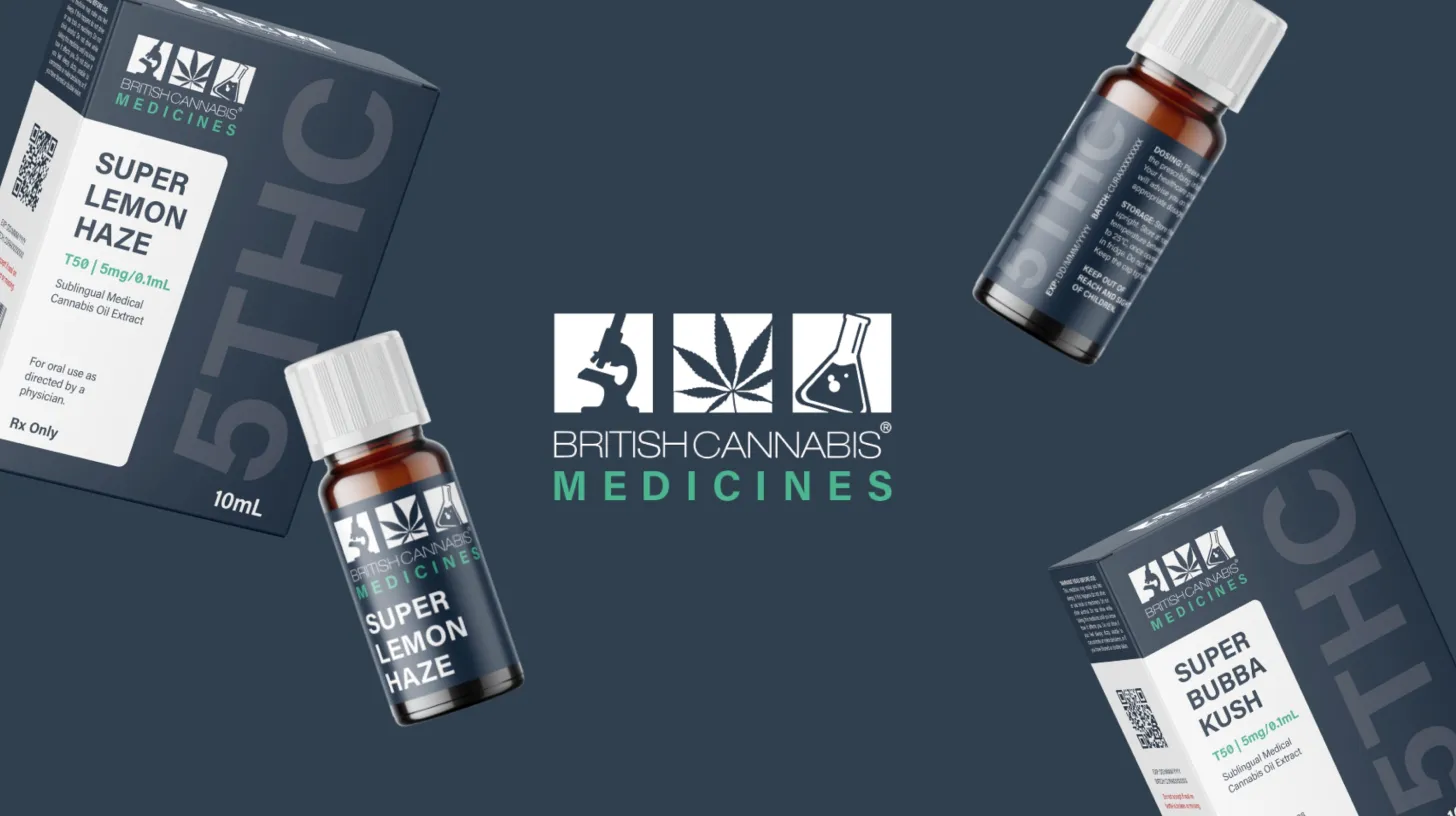
How Medical Cannabis Could Change the Face of Medicine in the UK
Medical cannabis has been a controversial topic for decades, with advocates and opponents passionately debating its merits. Despite persistent scepticism, the use of medical cannabis is progressively being embraced as a legitimate remedy for various health conditions.
Notably, the UK officially sanctioned medical cannabis in 2018 for select medical conditions such as epilepsy, chronic pain, and multiple sclerosis.
As scientific research continues to delve deeper, the acceptance and utilisation of medical cannabis are poised to transform the landscape of medicine in the United Kingdom.
This article explores how medical cannabis can potentially reduce the use of more harmful medications, such as opioids, and its broader impact on the healthcare sector in the UK.
The opioid epidemic continues to wreak havoc, inflicting suffering through addiction and overdose. However, medical cannabis offers a safer alternative with reduced risks of addiction and overdose, providing a comforting and reliable option for pain management.
For a more in-depth analysis, refer to Medical Cannabis Doctors.
What is Medical Cannabis?
Diving into the depths of herbal remedies, medical cannabis harnesses the therapeutic potential of the cannabis plant.
Woven within its green leaves, cannabinoids are the magical molecules that hold the power to heal.
The cannabis plant holds within it a mysterious power of healing, akin to an enigmatic jigsaw puzzle whose hidden beauty remains yet to be revealed.
Like two sentinels standing watch over a trove of hidden treasures, the primary cannabinoids THC and CBD conceal the intricate secrets of their domain, awaiting those bold enough to unlock their mysteries.
THC is the psychoactive component of cannabis that produces the “high” associated with recreational use.
Unlike its psychoactive counterparts, CBD oil is reputed to possess potent anti-inflammatory and analgesic attributes, without eliciting any euphoric sensations.
The diverse ways of consuming medical cannabis are limited only by one’s imagination: one can inhale its fragrant smoke, savour its flavours in delectable edibles, or experience its gentle touch through soothing creams.
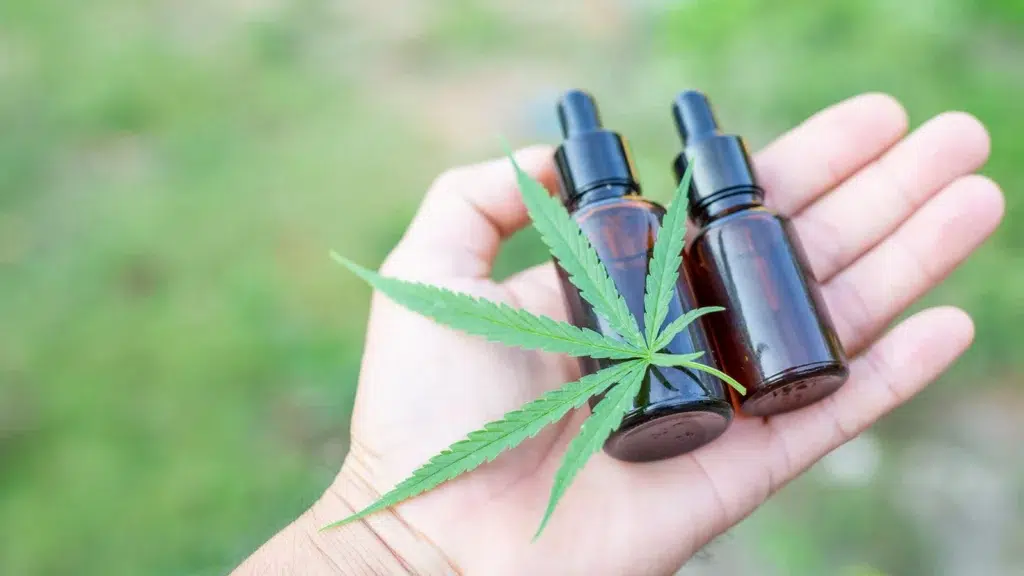
How Medical Cannabis Can Benefit Patients
The healing power of cannabis has been revealed to hold promising therapeutic properties for an array of medical afflictions.
Take, for instance, its proven effectiveness in alleviating chronic pain, queasiness, and muscle contractions experienced by those with multiple sclerosis.
Medical cannabis is a multi-talented marvel that not only shows potential in tackling epilepsy, especially in little ones who’ve found no solace in typical remedies but also wields compelling evidence for easing the tumultuous grip of anxiety and depression.
Like a complex puzzle missing key pieces, the long-term effects of medical cannabis use remain shrouded in mystery despite the potential benefits it holds.
It’s clear that unlocking the full potential of this plant medicine will require further research to unravel the enigmatic interplay of risks and benefits.
Medical Cannabis Health Insurance and Medical Cannabis Prescription
The key to unleashing the therapeutic potential of cannabis in the UK lies in obtaining a prescription for medical marijuana from a certified healthcare professional, unlocking a gateway of health and well-being for those in need.
However, this coveted document can only be granted to those who suffer from specific medical conditions that meet the requirements for the use of medicinal marijuana.
In the UK, health insurance does not extend its benevolent arm to medical cannabis at this time.
Consequently, those seeking its healing properties must dig deep into their pockets, a venture that may prove arduous for some.
In the UK, a contentious discourse is brewing over the inclusion of medical cannabis in health insurance coverage, stirring up opinions and fueling discussions.
Proponents assert that medical cannabis is a bona fide cure that merits the same recognition and acceptance as other conventional medicines.
On the other hand, detractors posit that the current state of evidence is inadequate to validate the extensive application of medical cannabis and that its inclusion in health insurance remains a perilous proposition.
Medical Cannabis Outreach
In the UK, medical cannabis use encounters a formidable obstacle: the scarcity of enlightenment and instruction among healthcare providers and patients.
The majority of medical professionals remain oblivious to the extensive range of benefits that medical cannabis has to offer, thus feeling reluctant to prescribe it.
To address this issue, there are several organizations working to increase awareness and education about medical cannabis.
Imbued with a mission to enlighten patients about the latent advantages and hazards of medicinal cannabis consumption, these institutions equip healthcare providers with abundant resources and comprehensive training.
Imbued with a mission to enlighten patients about the latent advantages and hazards of medicinal cannabis consumption, these institutions equip healthcare providers with abundant resources and comprehensive training.
Medical Cannabis Reciprocity and Cards
With medical cannabis reciprocity, patients who hold valid registrations in one state or country can access the same benefits in another, providing them with the relief and care they need regardless of their location.
This is particularly important for patients who travel frequently or who move between states or countries.
The UK has yet to implement a unified medical cannabis card system, leaving patients to navigate a labyrinth of regulations and restrictions.
Instead, patients must apply for a prescription each time they need medical cannabis. Undeterred by obstacles, numerous organizations are championing a unified medical cannabis card system on a national scale, seeking to streamline the otherwise daunting task of procuring medicinal cannabis amidst varying regional regulations.
Picture a medical cannabis card as a mystical talisman, imbued with the power to unlock a world of respite and solace for patients wrestling with targeted medical afflictions, while simultaneously conveying a resolute message to the powers that be that they hold the privilege to access the curative properties of medical cannabis.
This card can be presented to healthcare providers as proof of eligibility for medical cannabis.
Imagine a world where patients in need of medical cannabis could effortlessly obtain it through a national cannabis card system, cutting out the tedious red tape and giving healthcare providers a seamless way to confirm their eligibility for this plant-based medicine.
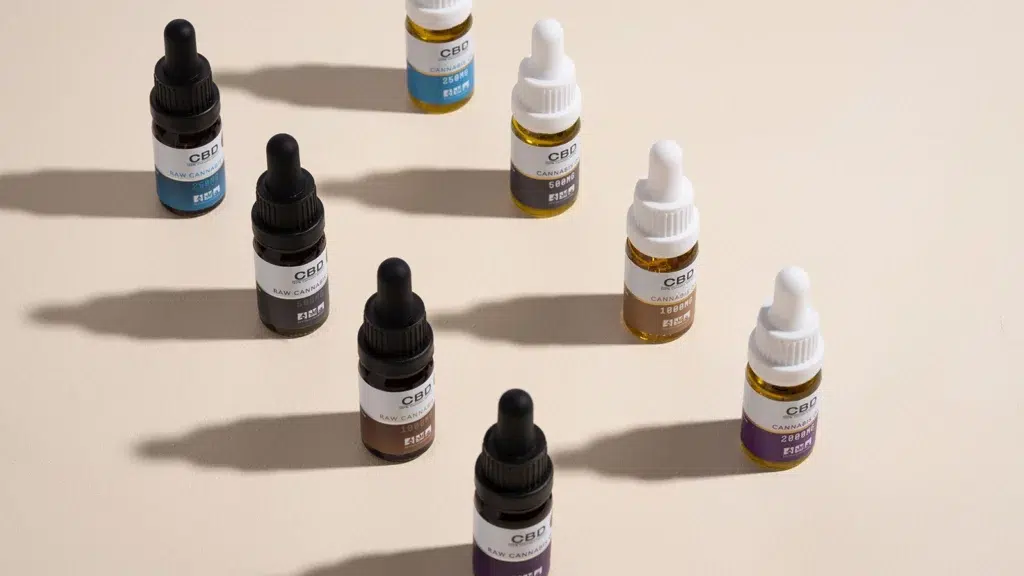
Who Can Use Medical Cannabis?
Within the boundaries of the United Kingdom, the utilization of medicinal marijuana is limited to a handpicked assortment of ailments, encompassing but not limited to epileptic seizures, enduring pain, multiple sclerosis, and the queasiness and emesis attributed to chemotherapy.
Only when all other avenues of relief have been fruitlessly explored, and with the guidance of a licensed healthcare professional, may patients unlock the therapeutic benefits of medical cannabis.
Medical cannabis is like a daring adventurer, not seeking the spotlight as the first choice, but rather waiting patiently in the wings for its moment to shine when all other remedies have failed or become unbearable.
As healthcare providers contemplate recommending medical cannabis to their patients, they must meticulously balance the possible hazards and adverse outcomes, thoroughly evaluating its appropriateness for each unique scenario.
Moreover, the potential remedial usage of cannabis may not hold true for all individuals as it could be unsuitable for certain patients due to their medical past or ongoing medication.
Just as a flame might ignite more easily in a room drenched in gasoline, patients with a past of substance abuse may be more prone to developing a reliance on medical cannabis.
Just as some paths never cross, certain medications and medical cannabis may not be the best match.
For instance, those prescribed blood thinners may have to steer clear of cannabis as it could spark unwanted interactions and lead to negative outcomes.
Conclusion
The arrival of medical cannabis could potentially create a seismic shift in the UK’s healthcare topography, heralding the dawn of novel and groundbreaking therapeutic interventions.
As we delve deeper into the wonders of medical marijuana through scientific exploration, we can look forward to a time when a diverse group of patients will wholeheartedly embrace this therapeutic remedy, casting away their afflictions with ease.
The immense potential of this dynamic and transformative therapy is poised to usher in a new era of holistic healthcare, offering hope and healing to those grappling with chronic conditions.
From debilitating disorders to chronic pain, medical cannabis offers a glimmering ray of hope for those suffering from a wide spectrum of ailments.
While medical cannabis has undoubtedly displayed encouraging outcomes, it’s essential to keep in mind that its effectiveness is not universal, and it cannot be wielded like a wand to cure all ailments.
Hence, it’s strongly recommended that patients consult their healthcare provider to determine if the bespoke benefits of medicinal cannabis align with their distinct medical needs.
Beyond doubt, the government must maintain unrelenting vigilance over the usage of medical cannabis, safeguarding both its efficacy and safety.
By implementing robust regulatory frameworks and supporting ongoing research into its benefits and drawbacks, medical cannabis has the potential to dramatically transform the UK healthcare landscape.
References
1. Demuth, D. G. (2018). Medical Cannabis. Mayo Clinic Proceedings, 93(12), 1842-1847. [https://doi.org/10.1016/j.mayocp.2018.09.005](https://doi.org/10.1016/j.mayocp.2018.09.005)
2. Amin, M. R., & Ali, D. W. (2019). Pharmacology of Medical Cannabis. In Recent Advances in Cannabinoid Physiology and Pathology (pp. 151-165). Springer. [https://link.springer.com/chapter/10.1007/978-3-030-21737-2_8]

